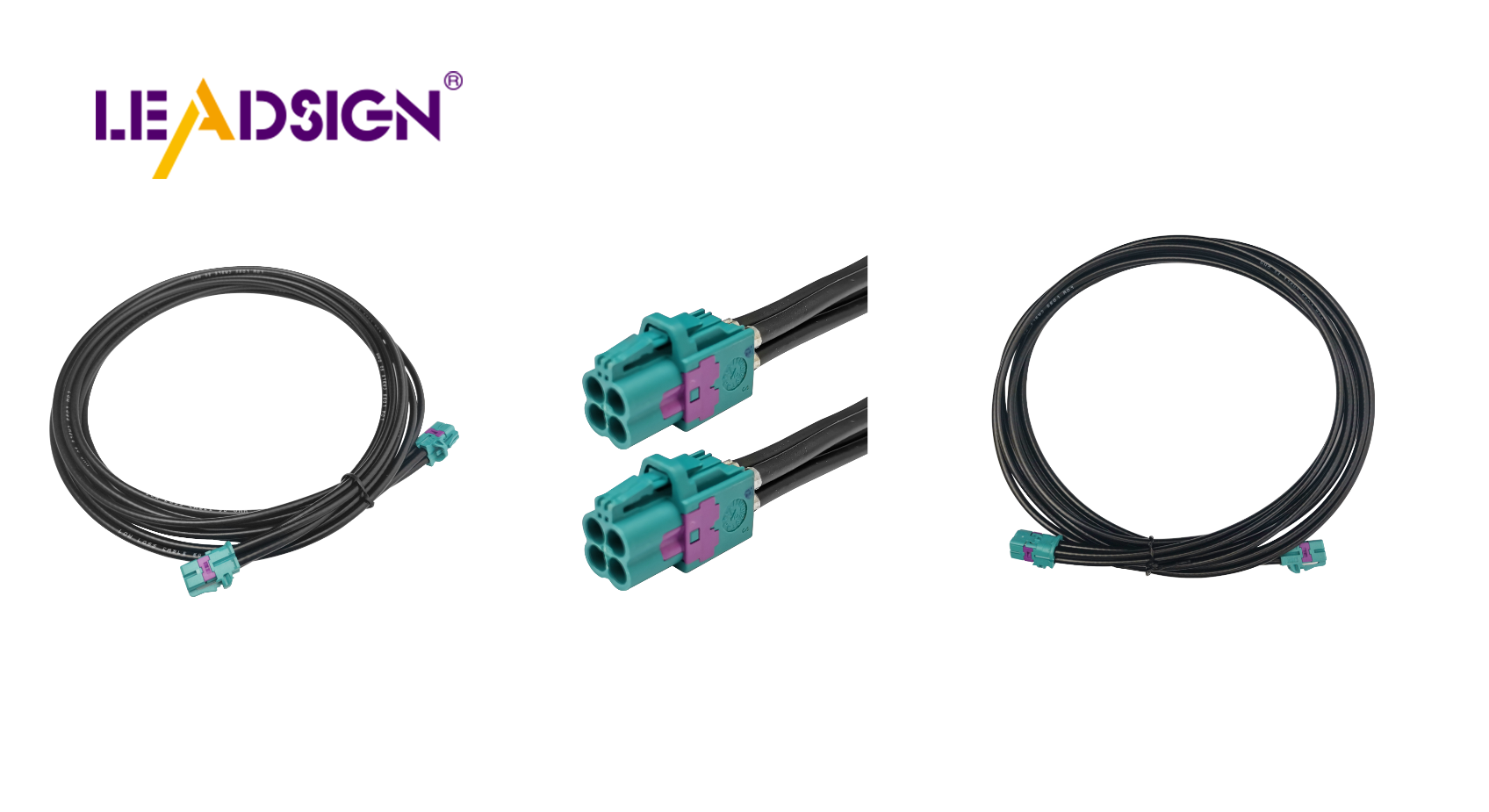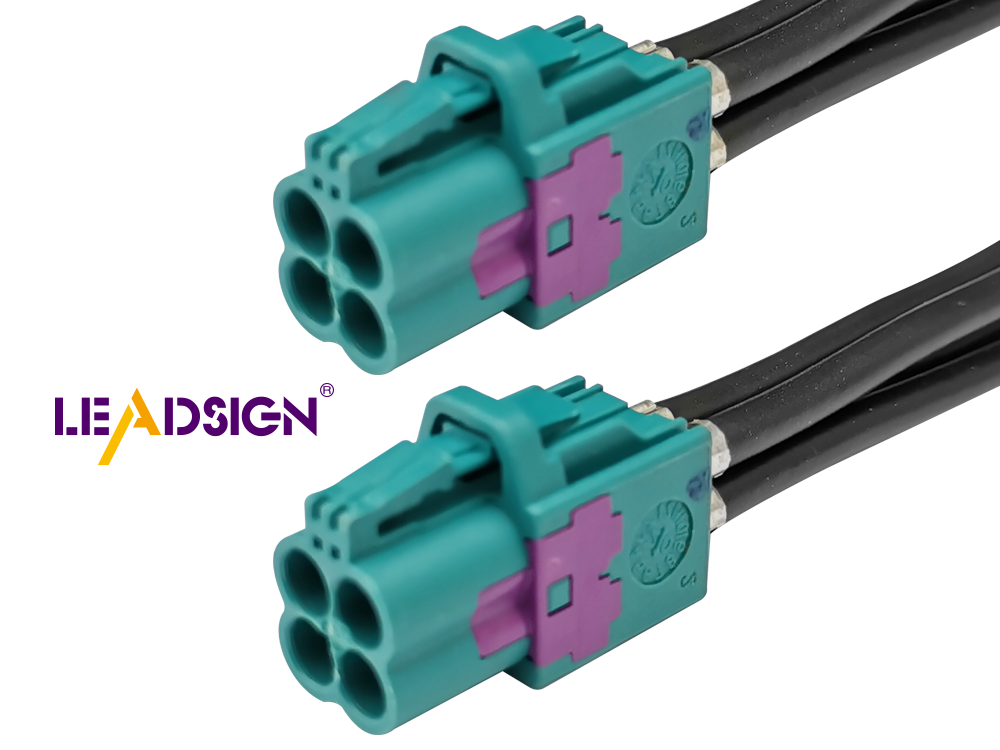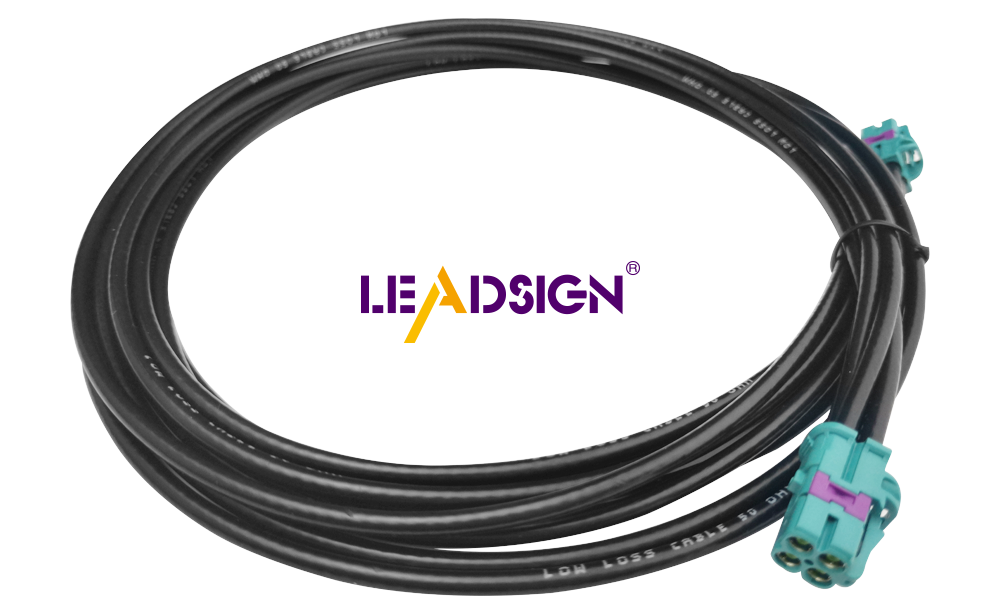Pro Tips for Using Automotive Electrical Connectors

Using automotive electrical connectors types correctly keeps your car safe. These parts are key for the car's electric system to work well. If you ignore good practices, you might have electric problems and shorten your car's life. Knowing the different connector types helps you choose wisely for strong links. Always use the correct connectors to prevent dangers and expensive fixes. This way, your car runs better and stays safe, giving you peace on the road.
Understanding Automotive Connectors

Knowing different automotive electrical connectors is important for car electronics. These connectors help your car's electric parts work well and safely. Let's look at some common types and their uses.
Types of Automotive Electrical Connectors
Blade Connectors
Blade connectors are very common in cars. You see them in fuse boxes and relay panels. They connect by sliding onto a flat terminal. This makes them easy to put on or take off, perfect for when you need to disconnect often.
Ring Terminals
Ring terminals are another popular connector type. They have a ring end that fits over bolts or studs. You tighten a nut over the ring for a strong connection. These are great for grounding and battery links because they are tough.
Bullet Connectors
Bullet connectors snap together to make a secure link. They are used in car wiring harnesses. Their shape allows quick connections, good for tight spaces. Bullet connectors are handy when wires need frequent connecting and disconnecting.
Uses of Automotive Connectors
Automotive electrical connectors do many jobs in a car's electric system. Knowing their uses helps pick the right one.
Electrical System Connections
These connectors join parts like batteries, alternators, and starters. The right connector ensures power moves well and stops failures. Deutsch and Weatherpak connectors are top picks for quality and fit with many cars.
Sensor and Control Connections
Sensors need special automotive electrical connectors to work right. They send signals between sensors and the car's computer. Good connections mean accurate data, key for engine control and safety systems. Regular care keeps these working well.
"Taking care of connectors stops dirt or damage from outside."
By knowing these connector types, your car's electric systems can run smoothly. Checking them often helps avoid problems and keeps your car's electronics lasting longer.
Installation Best Practices
Putting in automotive electrical connectors right makes your car's electric system work well. Follow these tips for strong and safe connections.
Steps for Proper Installation
Preparing the Wire
First, get the wire ready. Carefully take off the plastic cover to show the metal inside. Remove just enough so it fits into the connector without extra wire sticking out. Twist the wire strands together to keep them neat and easy to insert.
Choosing the Right Connector
Picking the right connector is important. Match it with the wire size to avoid bad links. Think about where you'll use it. If it's wet, pick a waterproof one. Deutsch and Weatherpak connectors are great for tough jobs because they last long and work well.
Crimping vs. Soldering
Knowing crimping and soldering helps you choose what works best.
Advantages of Crimping
Crimping has many good points. It makes a strong link that handles shaking, perfect for cars. It's quicker and simpler than soldering if you have proper tools. Waytek has special crimp tools that fit connectors just right.
Advantages of Soldering
Soldering gives a lasting electric link. It's good when you need a very conductive joint. It doesn't rust like crimping, so it's good in wet places but don't solder under the hood due to heat risks.
Grounding Techniques
Good grounding keeps your car's electric system safe and working well.
Importance of Proper Grounding
Grounding stops electric problems and keeps things safe by letting extra electricity go away safely, saving parts from harm.
Methods for Effective Grounding
Use ring terminals for grounding links as they attach securely to bolts or studs, making a firm connection. Clean surfaces first to remove dirt or rust before attaching terminals tightly with nuts. Check grounding spots often to keep them clean and secure.
By using these installation tips, your automotive electrical connectors will work well every time! Good prep, picking connectors wisely, and solid grounding make an efficient electric system.
Maintenance and Troubleshooting
Taking care of car connectors keeps your car's electric system working well. Regular checks and cleaning stop many common problems.
Tips for Maintaining Connectors
Regular Inspection
Check your connectors often. Look for damage or wear. See if connections are loose or wires are frayed. Regular checks help you find problems early, stopping bigger issues later.
Cleaning and Protection
Keep connectors clean. Dirt can make them work poorly. Use a safe cleaner to remove dirt and rust. This helps electricity flow better. Put a special gel on them to keep water out, making them last longer.
Solving Common Issues
Identifying Loose Connections
Loose connections can cause electric failures. Gently pull wires to see if they are tight. If a wire moves easily, it may be loose. Tighten it for a strong link. This simple step stops many electric problems.
Addressing Corrosion
Corrosion is common with connectors and blocks electricity flow. Check for rust or corrosion signs on connectors. Clean with the right cleaner and spray to stop future rusting. Regular care keeps connectors in good shape, so your car runs smoothly.
Tools and Accessories

Having the right tools is very important for car connectors. They help make safe connections, improving your car's electric system.
Essential Tools for Working with Connectors
To work well with connectors, you need special tools. These tools help make strong connections.
Crimping Tools
Crimping tools are needed for tight connections. They press the connector onto the wire tightly. Pick a crimping tool that fits your connectors, like Deutsch and Weatherpak connectors. Practice using them to get better and feel confident.
Soldering Equipment
Soldering equipment makes lasting electric links. You need a soldering iron and solder wire. Soldering stops rust, good for wet places. But don't solder under the hood because of heat dangers.
Recommended Accessories
Accessories help protect and improve your connections. They add safety and make them last longer.
Heat Shrink Tubing
Heat shrink tubing is essential. It covers and protects from water or dust. After crimping or soldering, put it over the connection and heat it up. It shrinks to fit tightly around wires.
Electrical Tape
Electrical tape is helpful too. It adds extra protection by wrapping around connections in shaky areas. This stops damage, keeping connections strong over time.
"Regular cleaning keeps connectors working well."
With these tools and accessories, you can install car connectors correctly. This improves your car's electric system reliability and makes connectors last longer.
Using the right car connectors is very important. It keeps your car safe and working well. Check them often to make sure they are okay. Use tools correctly to make strong links. This stops problems from happening. Learn about new connector types and ways to use them better. This helps you keep your car running smoothly. Remember, taking care of connectors is key for your car's electronics to work properly.
See Also
Why FAKRA Connectors Matter in Automotive Technology
Navigating Ford's FAKRA Connector Options
Understanding the Advantages of Automotive FAKRA Connectors

